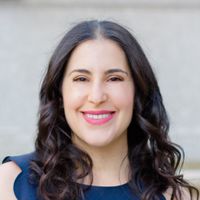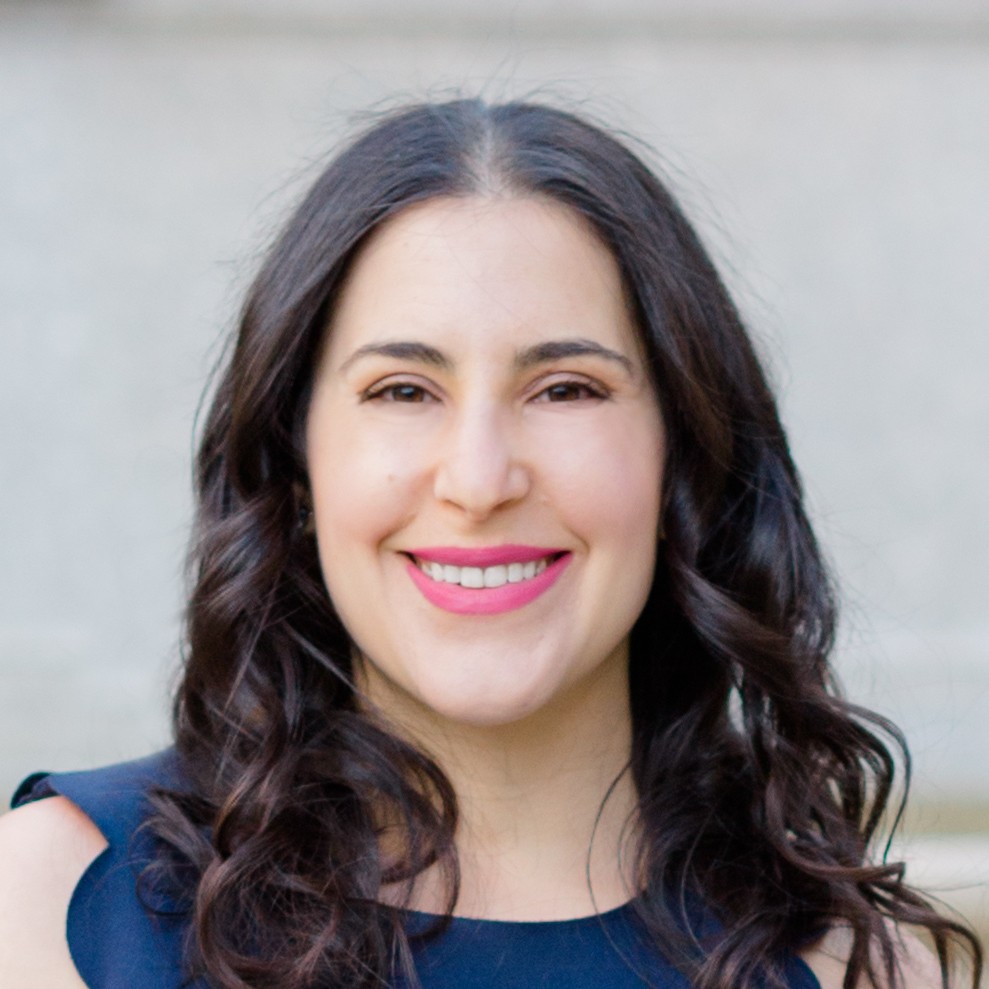How to Use AI to Land Your Next Job
Utilize artificial intelligence to find relevant job openings, write a cover letter, prepare for an interview, and more.


From writing a recipe with the ingredients in your fridge to drafting a maid of honor speech, there are hundreds of creative ways you can use artificial intelligence (AI) to save time in your personal life. But AI can also be used responsibly in your professional life, from drafting emails and marketing copy to automating simple tasks so you have more time to focus on high-level work. And AI isn’t just helpful on the job—it can also help you land a new job. Here’s how to use AI to streamline every step of your job search.
Optimize Your Resumé
AI, in a nutshell, combines computer science and robust data analytics to enable, speed and amplify problem-solving. Most recruiters use applicant tracking systems to manage the hiring process. Instead of reviewing each application for an open role, they can have the system scan all the resumes for keywords and phrases from the job description so they only have to review candidates who are likely to be qualified for the job. The best way to ensure that a recruiter sees your resume is to include the right keywords and phrases. Luckily, AI makes that easier.
Bridget Lohrius, founder of the female-focused career coaching firm Sandwina, recommends using the free AI tool Jobscan to tailor your resume to each job. “Their free scanner tool enables users to upload their resume and a job description to evaluate your match rate. Once the AI-powered assessment is complete, the tool generates recommendations for optimization. It's intuitive and actionable,” she says.
Write a Compelling Cover Letter
Although it takes a recruiter seconds to skim a cover letter, everyone who has applied to a job knows that it can take much longer to write one. Resist the urge to forgo a cover letter or send the same template to every job. Your cover letter is a great opportunity to stand out from other candidates and show that you’ve done your homework and that you’re excited about the role. AI can help you write a customized cover letter faster.
Lohrius recommends the cover letter feature on the AI tool ResumeGenius. “It takes the user through a series of questions to customize the cover letter, making the process simple and straightforward. Once the questionnaire is completed, you add some personal information and a bit about the job you're applying for, and the cover letter builder gets to work, creating a solid letter that you can then customize to sound like you and sell you,” she says.
Polish Your LinkedIn Profile
As anyone who has googled someone before a first date knows, your LinkedIn profile is often one of the top search results. Hiring managers are likely to check your LinkedIn profile before deciding to schedule an interview. Plus, recruiters use LinkedIn to fill open positions every day.
Catherine Fisher, career expert at LinkedIn and author of the newsletter Career Companion, says that job searchers with compelling “headline” and “about” sections land nearly twice as many job opportunities. Wondering what to write? LinkedIn’s new AI tools will suggest engaging descriptions based on your current profile and all you need to do is customize them to make sure they accurately reflect your experience and sound like you.
Get exclusive access to fashion and beauty trends, hot-off-the-press celebrity news, and more.
Use your “skills” and work experience sections of your profile to show off what you know and the impact you’ve made. “Ensure you showcase your skills on your profile with the context that shows how you used them. For example, if you are a part of the PTA and helped organize a fundraiser, note what you did specifically, like coordinating with vendors and promoting the event,” says Fisher.
Strengthen Your Skills
As you’re reading through dozens of job descriptions, you’re likely to see hard and soft skills you need. Make a list of the most common and crucial skills and focus on upskilling, AKA being proactive and taking the initiative to learn the skills you need to advance your career.
Fisher suggests scrolling through the vast catalogue of LinkedIn Learning classes to learn the skills that will help you get ahead. Looking for more skills to learn? You can type in your current and intended job title to find additional classes.
Ace Your Job Interviews
You no longer have to ask a friend or relative to do a mock interview; you can use AI to practice common questions and get instant feedback. Fisher recommends using LinkedIn’s Interview Prep AI tool. You can film your response to both common and role-specific interview questions and get feedback on your delivery, including suggestions on pacing, tone, and removing filler words. You can also give similar tools like Yoodli’s AI Interview Coach, Google’s Interivew Warmup, and Huru a try.
Arguably the most popular AI chatbot is ChatGPT. With more than 100 million monthly active users, it is the fastest-growing consumer app in history, according to a UBS study. You can also use ChatGPT to prepare for a job interview. Lohrius recommends uploading the job description and asking the tool to provide interview questions you’re likely to be asked and advice for answering each question. After you nail the interview, she suggests using ChatGPT to draft your thank-you email–another formality you should never skip. While the draft can get you started, make sure to personalize the note by mentioning something you discussed in the interview and why you’re excited about working with the company.
Use Your Network
When it comes to landing a job, it’s what you know and who you know. Use LinkedIn to find people in your network who work at your target companies. If you don’t have any first-degree connections, look for second-degree connections and people who may want to help like people who went to your college or high school.
Fisher recommends using LinkedIn’s new AI-personalized writing suggestions to write your messages. As with all AI-generated messages, “Just be sure to review, tweak, and edit all content created with AI assistance to make sure it still reflects your voice. AI will help you with your first, not final draft,” she says.

I’m a journalist and the author of What Next?: Your Five-Year Plan for Life After College. The book, published by Simon & Schuster, teaches recent graduates how to create a five-year plan and offers actionable career, finance, wellness, and relationship advice to help them accomplish their goals.